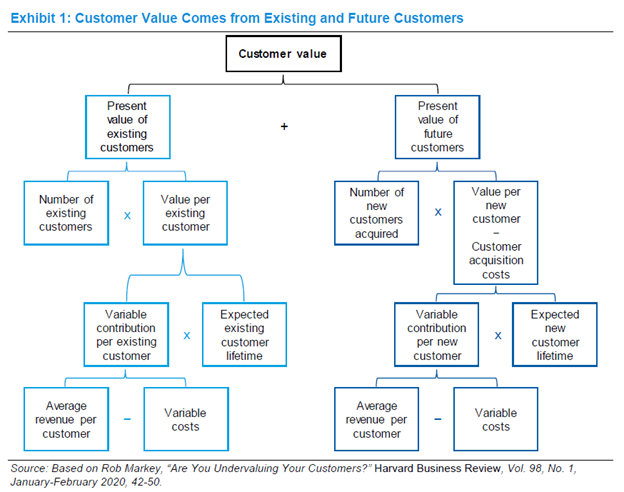
1/8 Thread: Changing your mind
It's easy to read Keynes' quote, "When the facts change, I change my mind - what do you do, sir?" and nod your head; but it doesn't make it any less difficult for anyone to change their opinions.
Why is that?
It's easy to read Keynes' quote, "When the facts change, I change my mind - what do you do, sir?" and nod your head; but it doesn't make it any less difficult for anyone to change their opinions.
Why is that?
2/8 Murakami had a great quote that I try to remind myself every time I disagree with someone:
“Always remember that to argue, and win, is to break down the reality of the person you are arguing against. It is painful to lose your reality, so be kind, even if you are right.”
“Always remember that to argue, and win, is to break down the reality of the person you are arguing against. It is painful to lose your reality, so be kind, even if you are right.”
3/8 Unfortunately, one of the downsides of arguments/debates on twitter or any social media is it's mostly performative in nature.
You not only lose arguments that shatter your "reality", you go through the experience publicly which makes it even harder to accept and change.
You not only lose arguments that shatter your "reality", you go through the experience publicly which makes it even harder to accept and change.
4/8 When we discuss investments, we have enormous incentives to get things right. We lose money when we are wrong.
Any investor should be viscerally interested in the arguments of the other side. Why don't others see it the way you do?
Any investor should be viscerally interested in the arguments of the other side. Why don't others see it the way you do?
5/8 There is an innate tendency and desire for people to speak to the choir. We don't try to imagine how we would want to be convinced if we were on the other side.
6/8 Supermajority of critics of Facebook, for example, make such an exaggerated, pompous, harsh, and stretched claims that it becomes very, very difficult to even finish a critical piece.
It feels like the critics don't even want to reach an audience who are on the other side.
It feels like the critics don't even want to reach an audience who are on the other side.
7/8 Ironically, when people on "my side" do the same to the "other side", it's a fun read. Sometimes, I probably read it more than once.
Just think about the lopsided feedback loop our brains usually go through. There is perhaps no more potent drugs than confirmation bias.
Just think about the lopsided feedback loop our brains usually go through. There is perhaps no more potent drugs than confirmation bias.
8/8 Equanimity is super hard. And yet, it is perhaps a requirement to be a successful investor in the long-term.
Hopefully, even writing it down helps me a little bit to get there.
All my twitter threads here: mbi-deepdives.com/twitter-thread…
Hopefully, even writing it down helps me a little bit to get there.
All my twitter threads here: mbi-deepdives.com/twitter-thread…
• • •
Missing some Tweet in this thread? You can try to
force a refresh







